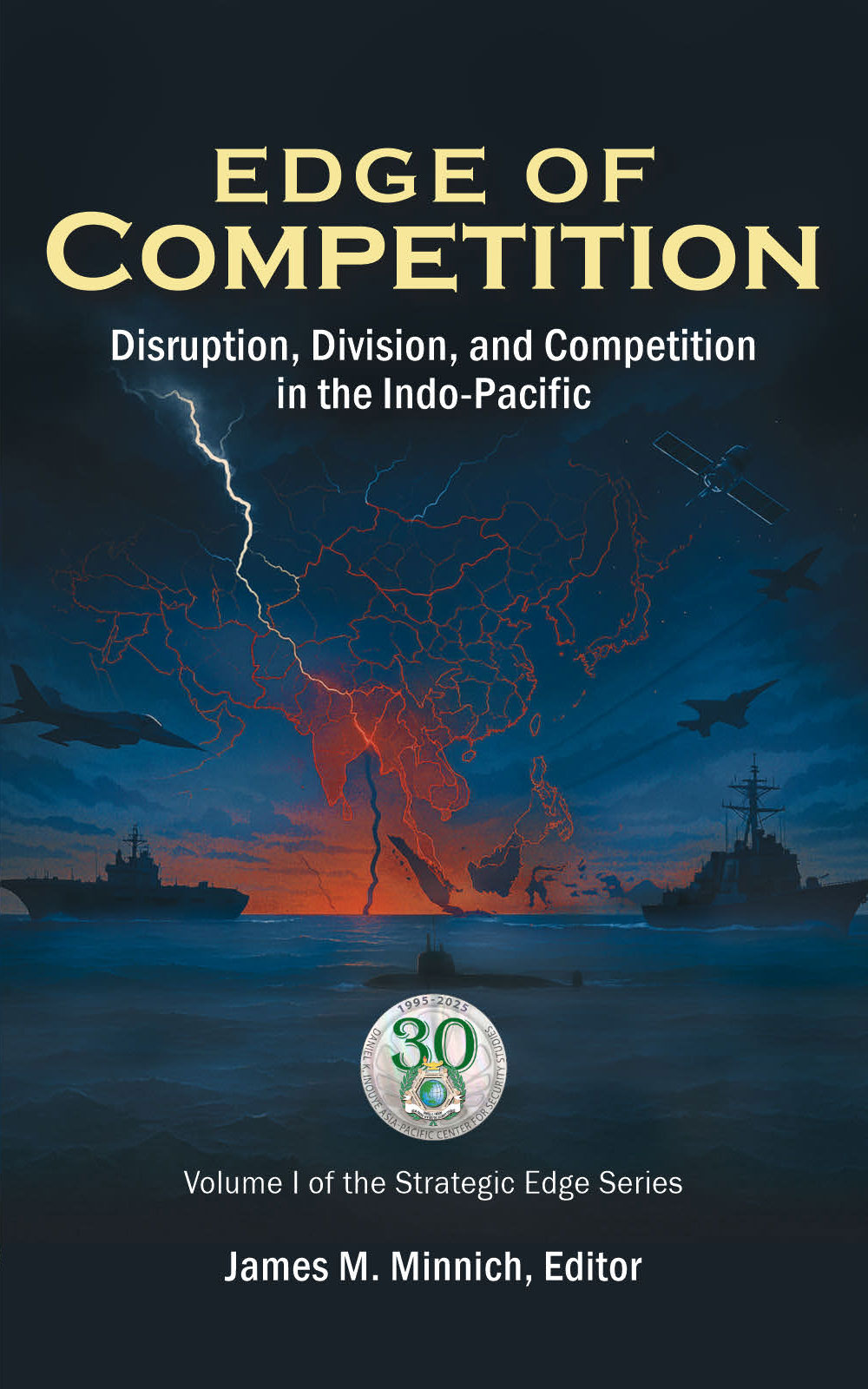Chapter 3
Peak China?
Ryan C. Agee
The rise of a great power often brings about its own set of
challenges, which can lead to its decline.
— Orville Schell and John Delury,
Wealth and Power, 2013
Introduction
China’s meteoric rise reshaped the global order—but has it already crested? Once heralded as an unstoppable challenger to U.S. preeminence, the Chinese Communist Party (CCP) now finds itself navigating economic stagnation, demographic decline, and growing strategic overreach. At home, shrinking growth and rising debt challenge the party’s claim to legitimacy. Abroad, its assertiveness faces growing pushback and diminishing returns.
This chapter examines whether China is entering a period of strategic plateau—or even relative decline—and what that means for global stability. Anchored in power transition theory, it traces the evolution of China’s economic and military instruments of power, dissects the headwinds confronting Beijing, and explores the strategic risks a peaking China may pose.
Rather than stabilizing into multipolarity, China’s internal contradictions may increase the risk of external confrontation. For the United States and its allies, the imperative is clear: deter, posture, and prepare—not for a rising China, but a reactive one.






